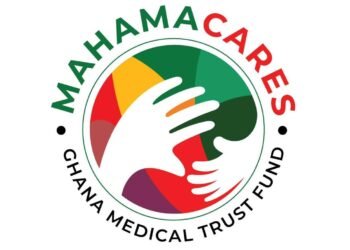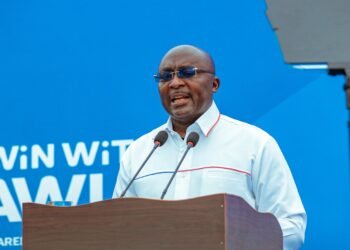Visions, goals, and plans are very significant in every area and facet of life, because more than just bringing into focus a clearer way and approach to things, it facilitates in achieving stated objectives.
Also, when visions are brought to bear, priorities become defined and there are easy implementations of stated ideas.
In every political discourse, especially in the months, days, and even hours leading up to an electioneering year, frantic efforts are made by political parties to churn out the best manifesto and idea-leaden pages of promises to execute once elected to office.
The truth is that an integral part of political party campaigning is the use of party manifestos to outline the vision of a political party.
As such, democratic values are deeply entrenched in transparency and accountability, making it all the more relevant the conversation on the need for parties to outline their objectives, plans and goals for the country and citizens at large.
In as much as manifesto are meant to give citizen a picture of parties’ positions on issues and how they intend to address the problems of voters in the lead-up to elections, it equally provides the voters with the options to make their decisions.
However, in the Ghanaian context, manifestos are more powerful than just highlighting the plans of an incoming government. Due to the fact that development plays a critical role in any government, political parties capitalize on the needs of the people to reel them into their ideas.
But when implementation of such developmental plans captured in manifestos go awry or are truncated due to change of government, then the idea and continuation of same dies along with the exiting government, simply because the incoming one has its own ‘manifesto’ to government.
In light of this, conversation on whether party manifestos should be banned to make way for a national plan to guide the affairs of the country in terms of development is more pronounced than ever.
Banning party manifesto to propel economic growth
Lead Consultant for Konfidant, a globally oriented, Africa-region-focused advisory firm, Micheal Kottoh, has revealed that party manifestos should be banned if Ghana wants to develop to the level of first-world countries.
He is of the opinion that the current political system that allows presidential aspirants to compete on their own ideas, for the best idea to emerge as victorious, is not pushing the country into development.
Owing to this, he deems it necessary for a common manifesto instead to be churned out to propel the country into economic stability and infrastructural development.
“The only way we can have a common manifesto for a common future is to ban party manifesto. Let’s ban them [party manifestos]. I hear time and again that a lot of Ghanaians are frustrated about why we cannot have a national development plan and stick to it…
“There is no way we can have a common national development plan and stick to it if we keep having party manifestos. It is not possible. There is a contradiction there. So, if we want a common manifesto that will translate into a common development plan, I say ban the party manifestos.”
Micheal Kottoh
The bottom line is that politicians must not be assessed based on their own marking schemes.
By simply allowing them to bring along their own plans for the country, it makes it relatively difficult to assess the impact of these plans on the economy because it is their brain-child – if they insist it’s working, Ghanaians can at best protest its lack of impact.
However, with a more streamlined and aptly developed national plan, leaders can actually be held to the fire of accountability when they are found deviating from the course of action needed to drive development in the country.
Yes, Ghana has a long way to go and being individualistic in terms of developmental plans for the country draws the country back several years than propelling it forward.
Consequently, policies must not be tainted with the coloring of partisan politics because at the end of the day, implementation of these policies become lost on Ghanaians who heavily rely on the workings of these policies to have a fighting chance at succeeding in their endeavors.
READ ALSO: President Urged To Expedite Assent To Criminal Offences Bill























